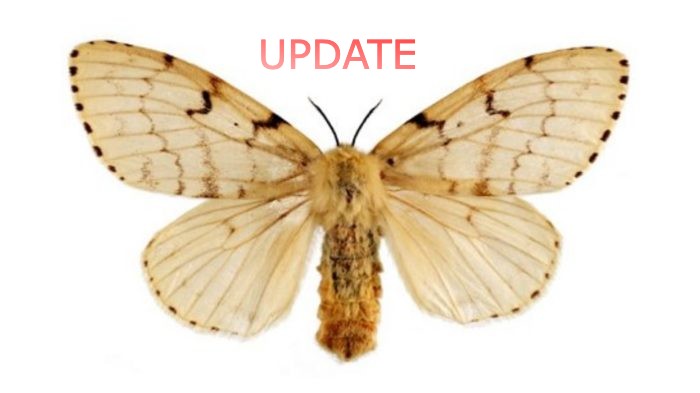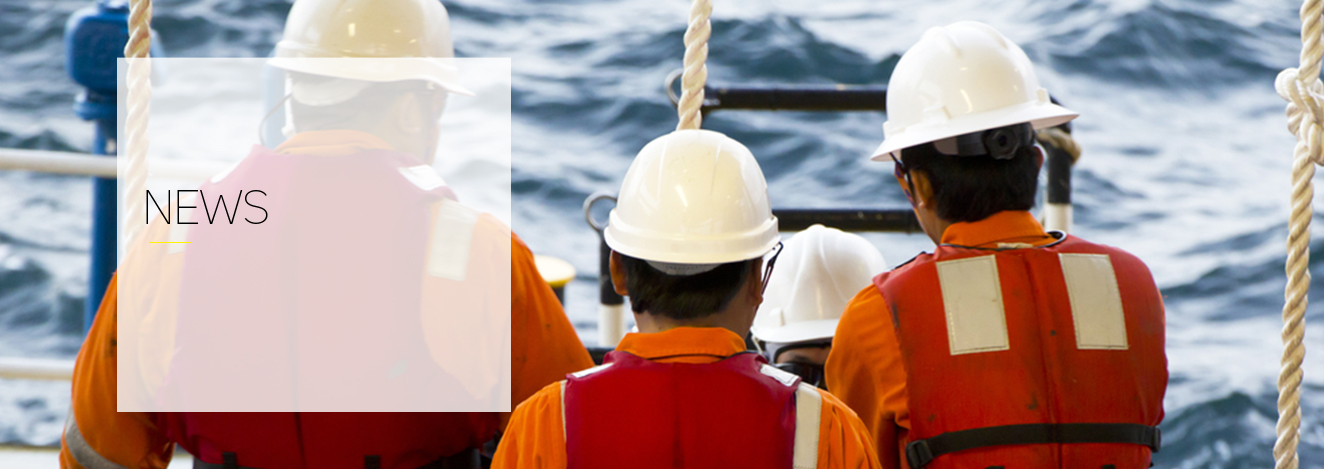Search
UPDATE: Circular 35/2020: LYMANTRIA DISPAR PLAGUE (GYPSY MOTH)

Buenos Aires, 18 August 2023
Circular 035/2020 on the “Gypsy Moth” regulation in Argentina has been updated to reflect the Resolution 533/2022 SENASA which modified slightly the flying periods that shall be considered for certification purposes. These changes have been identified in red in the translation of Annex II enclosed. We have also updated the financial exposure for fines at current ROE.
CIRCULAR 35/2020 (Updated on 18/8/2023)
As informed in our Circular 020/2020 dated 17th February 2020 the SENASA (NATIONAL HEALTH AND AGRI-FOOD QUALITY SERVICE) was working on a new regulation imposing specific measures related to the plague of certain breeds of the Lymantria Dispar, otherwise known as the “Gypsy Moth”.
Today, 14th October 2020, SENASA Resolution 764/2020 was finally published in our Official Gazette. The new regulation will enter into force 90 days after its publication.
Please see enclosed a translation of the Regulation and its Annexes. In a nutshell:
- It applies to all ocean-going vessels which have departed from or stayed in areas with presence of Asian (AGM) and Japanese (JGM) Lymantria Dispar, within the last 24 months prior to its arrival an Argentinean port;
- Those arriving from the areas and the periods identified in ANNEX II should arrive with a Certificate of Vessel Free of AGM or JGM issued by the phytosanitary authority of the last port of departure or stay in accordance with the new regulation;
- However, all ocean-going vessels which departed or stayed in areas with AGM or JGM shall notify the SENASA 72 hours prior to arrival to any Argentinean port, whether exempted or not from the Certificate of Vessel Free.
- In any case, SENASA will assess the phytosanitary risk of the vessel which will be always subject to inspections by SENASA. Depending on the circumstances, this inspection may result on a cleaning and phytosanitary treatment order at port or on an appropriate site designated to such end. Impossibility to clean and treat the vessel will result on the vessel being banned from entering to Argentinean ports.
Infringements to the regulation may result in fines amounting up to AR$ 10,000,000 (about US$ 30,000.00 today’s ROE). Eventually, SENASA could impose precautionary measures to avoid a sanitary risk.
We remain at your disposal if clarification and/or additional information is needed.
Download our Circular including a copy of the Resolution, Annexes and translations HERE
Yours Faithfully
PANDI LIQUIDORES SRL
BUENOS AIRES, ARGENTINA
This circular update Circulars 020/2020.
Notice: the content of this circular and its annexes is for information only. Ev though it has been issued carefully, and to the best of our knowledge, it has a general purpose and we can accept no liability whatsoever for any particular action taken upon it. © Pandi Liquidadores SRL 2020. All rights reserved.
